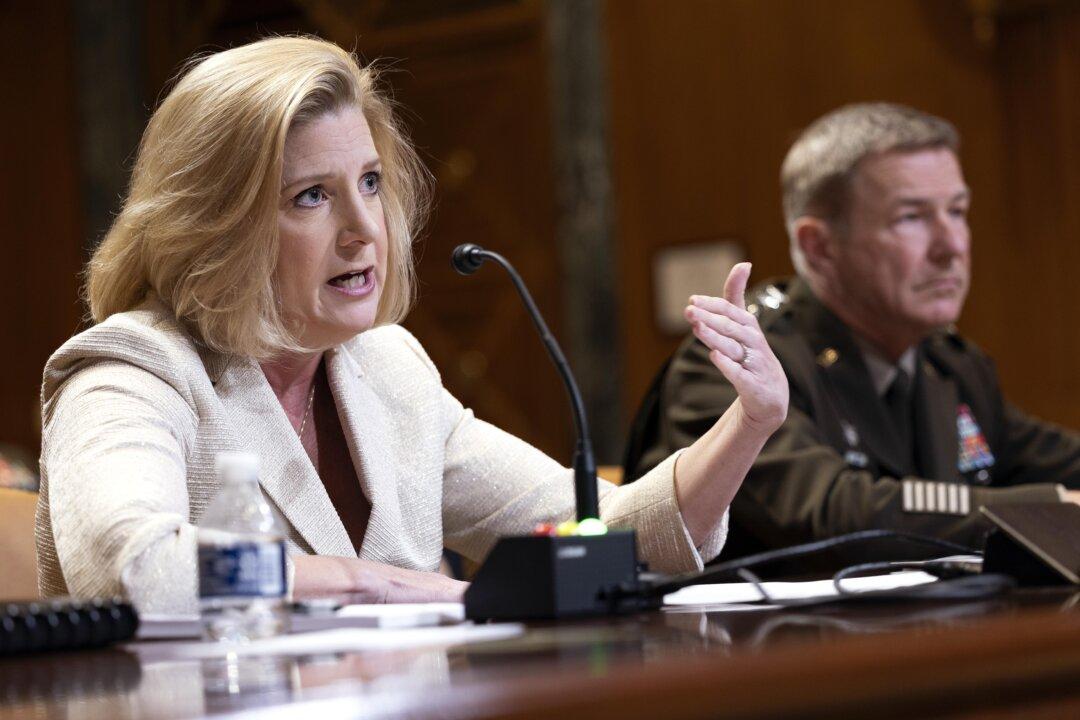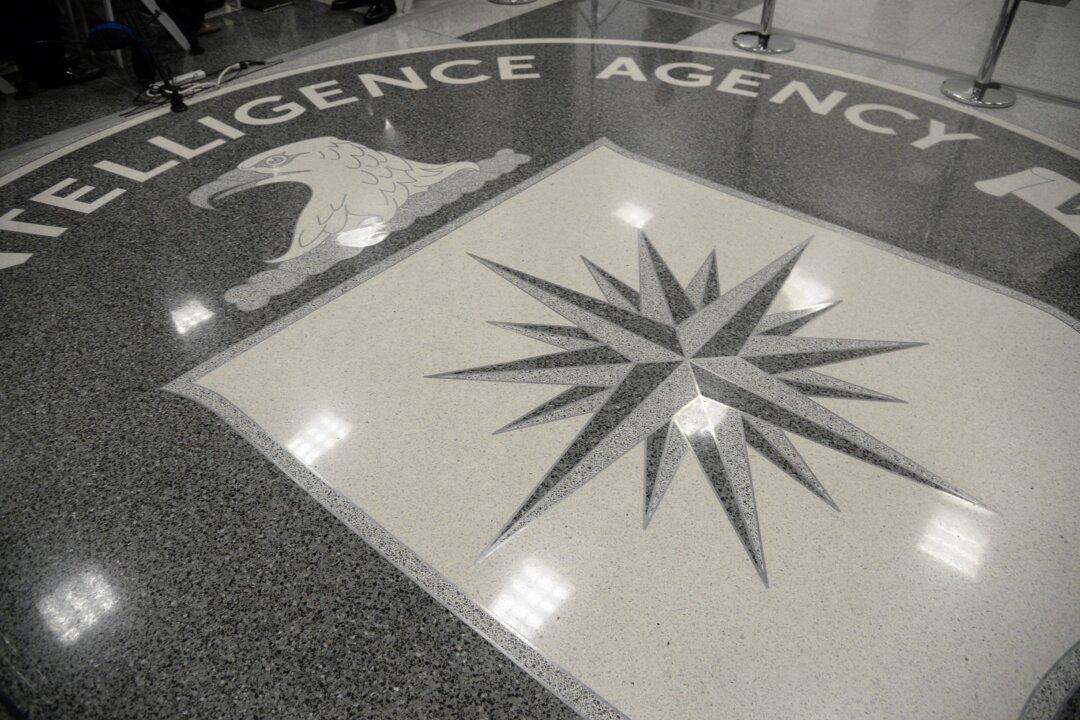U.S. Army Secretary Christine Wormuth says that resolving the military branch’s recruiting problems remains one of her top priorities, although the recovery from recent enlistee shortfalls may stretch into 2024 or beyond.
“It took us more than a year to get into the situation that we’re in, in terms of the recruiting landscape, and I think it’s going to take more than a year to turn it around,” Wormuth said during a Feb. 23 panel discussion hosted by the Project for Media and National Security at George Washington University in Washington.





